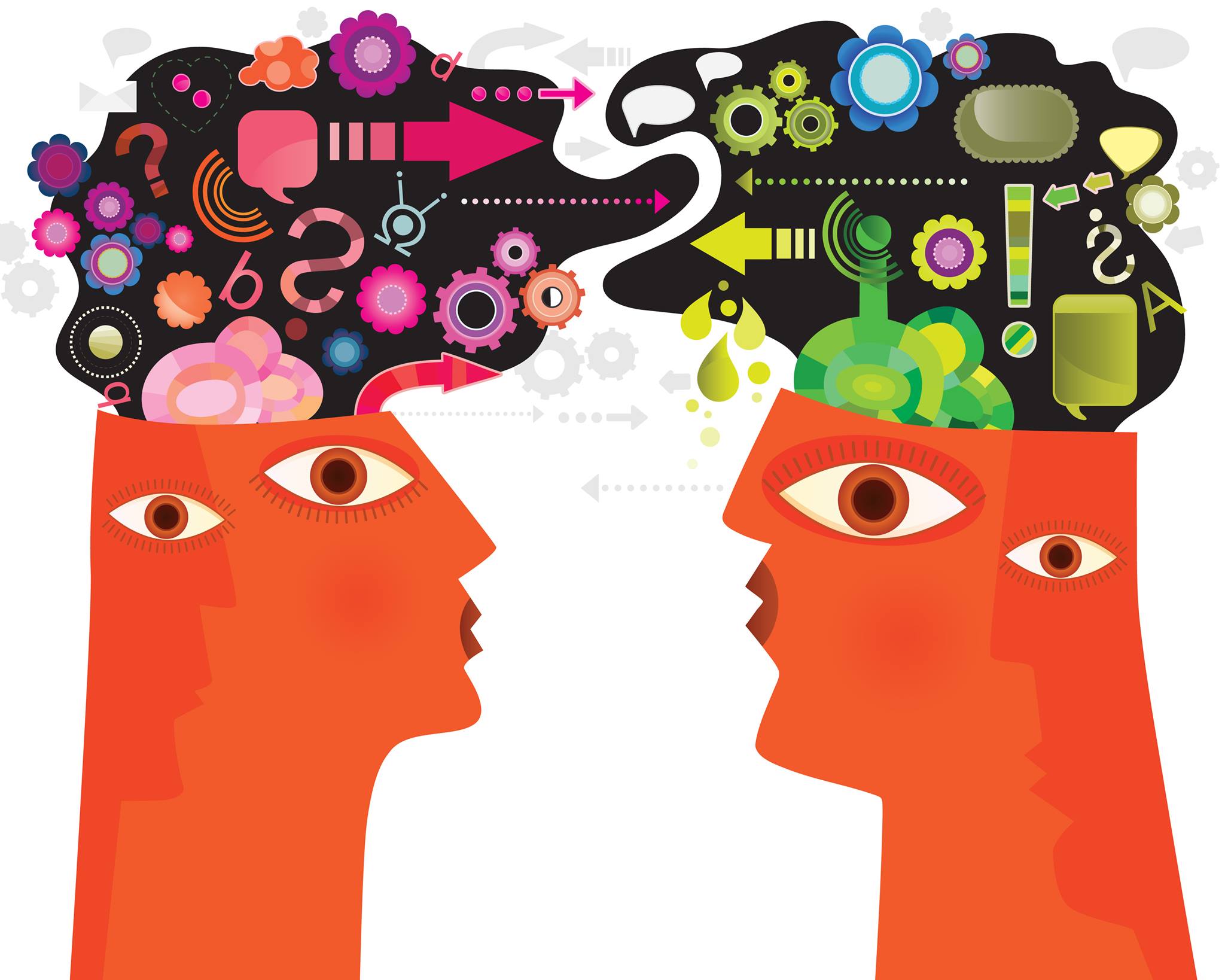Linguistics
Linguistics is the scientific study of language and its structure, including the sounds, words, grammar, and meaning of language. It involves analyzing the ways in which people use language to communicate with each other, how language is acquired and learned, and how it changes over time.

Linguistics is a broad field that encompasses many sub-disciplines, such as phonetics (the study of speech sounds), morphology (the study of the internal structure of words), syntax (the study of the structure of sentences), semantics (the study of meaning in language), pragmatics (the study of how context affects meaning), sociolinguistics (the study of language in relation to social factors), psycholinguistics (the study of how language is processed in the brain), and computational linguistics (the use of computers to study language).
Linguists use a variety of research methods, such as experiments, surveys, fieldwork, and corpus analysis, to investigate language and its properties. They apply their findings to a wide range of fields, including language teaching, translation, speech therapy, computer science, and artificial intelligence.
History Of Linguistics
The study of language has a long and rich history that dates back to ancient civilizations. Linguistics as a scientific discipline, however, emerged in the 19th century as a response to the need for a systematic and rigorous approach to the study of language.
Some key figures in the history of linguistics include:
Panini
The founder of linguistics named Sanskrit grammarian was Indian. His work on the structure of Sanskrit grammar influenced Western linguistic theory.
Ferdinand de Saussure
A Swiss linguist who is known for his contributions to structuralism, a school of thought that emphasizes the importance of language structure. Saussure is best known for his book "Course in General Linguistics," which outlines his ideas on language structure and the relationship between language and thought.
Noam Chomsky
An American linguist who is known for his work on generative grammar, a theory that posits that all human languages share a common underlying structure. Chomsky's work has been influential in fields such as psychology, philosophy, and computer science.
Edward Sapir
An American linguist who is known for his work on the relationship between language and culture. Sapir's ideas on linguistic relativity, or the idea that language influences thought, have been widely debated in the field of linguistics.
Over time, the field of linguistics has expanded to include
a wide range of sub-disciplines, as mentioned in the previous answer. Today,
linguistics continues to evolve and grow, with new technologies and methods
allowing researchers to delve deeper into the complexities of language and its
structure.
Psycholinguistics
Psycholinguistics is the study of the psychological and cognitive processes that underlie the acquisition, use, and processing of language. It aims to understand how people use language to communicate and how the brain processes and interprets language. Psycholinguistics is a multidisciplinary field that draws on linguistics, psychology, neuroscience, and cognitive science. Some of the key topics studied in psycholinguistics include language acquisition, language processing, language production, language disorders, and the relationship between language and thought.
Language acquisition is the process by which children learn language, and psycholinguists are interested in understanding how this process works. They study how children acquire grammar, vocabulary, and other aspects of language, and how they learn to produce and comprehend sentences.
Language processing refers to the mental processes involved in understanding and using language. Psycholinguists use a variety of techniques, such as eye-tracking and brain imaging, to study how the brain processes language and how this processing is affected by factors such as context, ambiguity, and individual differences. Language production refers to the process of generating speech or writing. Psycholinguists study how people plan and produce language, including how they generate grammatically correct sentences and how they select words and organize them into coherent discourse.
Language disorders, such as aphasia and dyslexia, are also studied in psycholinguistics. Psycholinguists investigate the underlying cognitive and neural processes that contribute to these disorders, and they develop interventions to help individuals with language impairments. Finally, psycholinguists are interested in the relationship between language and thought. They study how language affects the way people think and how people use language to represent and communicate their thoughts. Overall, psycholinguistics is a vibrant and important field that contributes to our understanding of how language works and how it is processed in the human brain.
